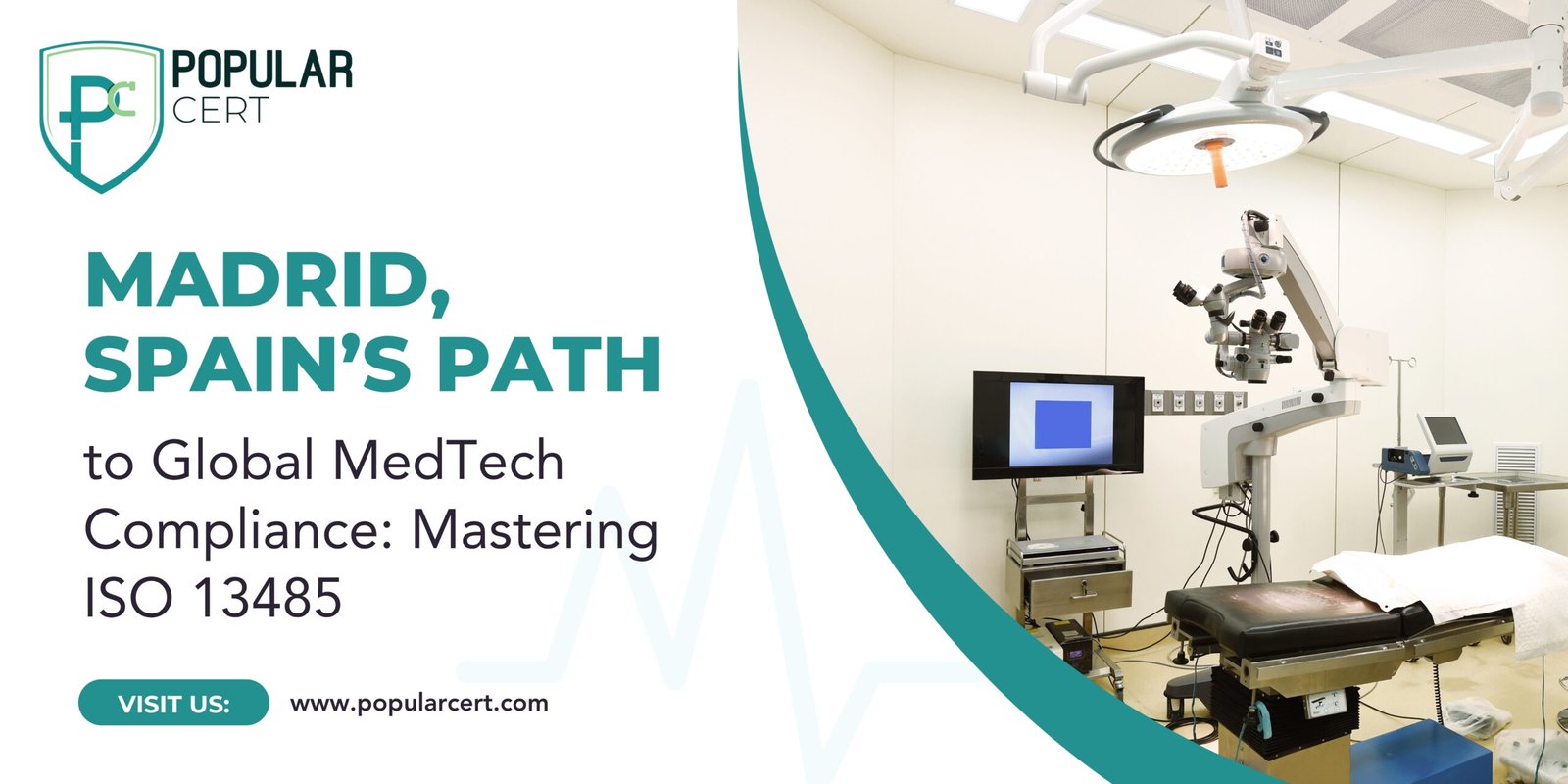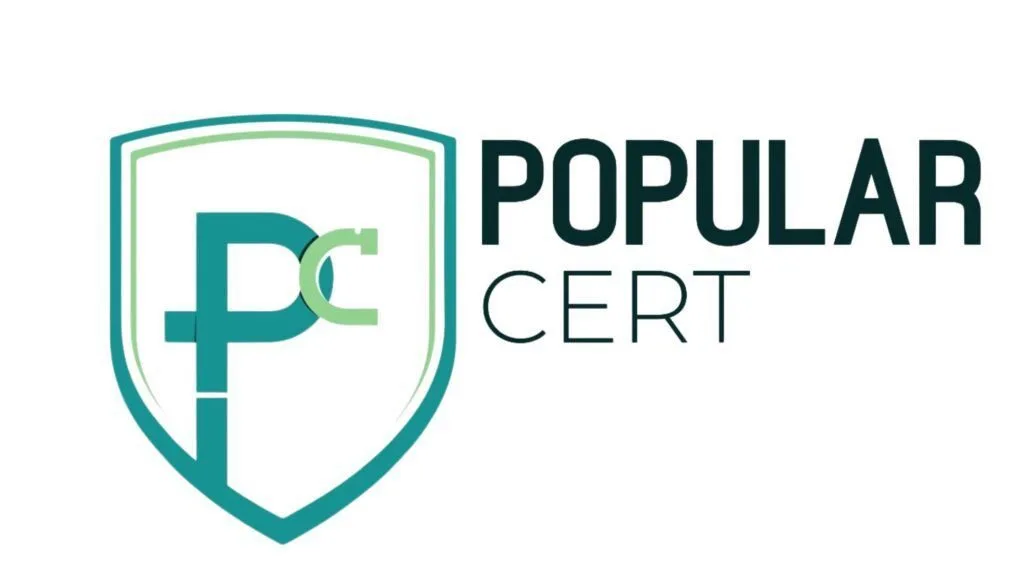Madrid, Spain’s Path to Global MedTech Compliance: Mastering ISO 13485

In the heart of Spain, Madrid is rapidly emerging as a MedTech innovation hub. With a strong ecosystem of biomedical research centers, tech startups, and academic institutions, the city is positioning itself as a leader in the medical device industry. As this sector expands, one thing becomes increasingly clear, compliance with international standards is essential to compete globally and maintain trust among stakeholders.
Among the most critical standards for medical device companies is ISO 13485, the internationally recognized framework for quality management systems in the medical device industry. Whether you’re a startup innovating in wearable health tech or a manufacturer of diagnostic equipment, mastering ISO 13485 is not optional, it’s a necessity.
This article explores Madrid’s journey toward global MedTech compliance and the key role that Popularcert, a leading ISO certification body in Spain, plays in helping businesses achieve and maintain ISO 13485 certification.
What is ISO 13485?
ISO 13485 is an international standard that outlines the requirements for a quality management system (QMS) specific to the design, development, production, installation, and servicing of medical devices. It aligns with regulatory requirements for medical devices in various global markets, including Europe (EU MDR), the United States (FDA 21 CFR Part 820), and Canada (CMDR).
Achieving ISO 13485 certification signals that a company prioritizes quality, patient safety, and regulatory compliance, making it a crucial competitive differentiator, particularly in export-driven sectors.
Why ISO 13485 Matters for Madrid’s MedTech Sector?
ISO 13485 matters for Madrid’s MedTech sector because it ensures the quality and safety of medical devices. By meeting global regulatory standards, companies boost credibility, streamline market access, and reduce risks. This certification supports innovation while maintaining strict compliance, key for thriving in Madrid’s growing healthcare and technology landscape.
- Global Market Access: Madrid-based companies aiming to expand beyond Spain's borders face strict international compliance requirements. ISO 13485 certification is often a mandatory prerequisite for entering regulated markets like the EU, US, Canada, and Japan.
- Enhanced Product Quality and Patient Safety: Medical devices are critical to patient health. ISO 13485 provides a structured approach to risk management, traceability, and quality control, ensuring devices meet the highest standards from design through delivery.
- Alignment with EU MDR: Spain, as an EU member state, must adhere to the European Union Medical Device Regulation (EU MDR). ISO 13485 certification significantly aligns with MDR requirements, simplifying the regulatory approval process.
Types Of Certification
- ISO Certification
- ISO 9001 Certification
- ISO 14001 Certification
- ISO 45001 Certification
- ISO 22000 Certification
- ISO 27001 Certification
- ISO 17025 Certification
- ISO 13485 Certification
- ISO 20000-1 Certification
- ISO 22301 Certification
- ISO 50001 Certification
- ISO 37001 Certification
- IATF 16949 Certification
- ISO 29001 Certification
- ISO 31000 Certification
- ISO 20121 Certification
- ISO 10002 Certification
- ISO 41001 Certification
Get Free Consultation
Our Clients


















- Investor and Partner Confidence: For MedTech startups in Madrid seeking funding or partnerships, ISO 13485 demonstrates operational maturity. Investors view compliance as a sign that the company is prepared to scale and face regulatory scrutiny.
Madrid’s MedTech Ecosystem: Growing, but Competitive
Madrid’s MedTech industry has grown steadily over the past decade. Major hospitals, biotech parks, and innovation hubs like Parque Científico de Madrid and Instituto de Salud Carlos III support a robust innovation culture.
But with opportunity comes competition.
To stand out in this high-stakes industry, compliance is a strategic lever. Companies that delay or underestimate ISO 13485 implementation risk falling behind in a market where product approval timelines and safety outcomes are non-negotiable.
ISO 13485 Made Easy: Certification Process Breakdown
Achieving ISO 13485 involves several key stages:
- Gap Analysis: Assess current systems against ISO 13485 requirements.
- Documentation Development: Create policies, procedures, and forms that meet QMS criteria.
- Implementation: Apply new processes and train staff.
- Internal Audit: Evaluate the QMS and address gaps before the official audit.
- Certification Audit: Conducted by a third-party body like Popularcert.
- Continuous Improvement: Monitor, update, and maintain compliance over time.
Each stage demands expert knowledge of regulatory standards and a tailored approach to fit each company’s unique operations.
